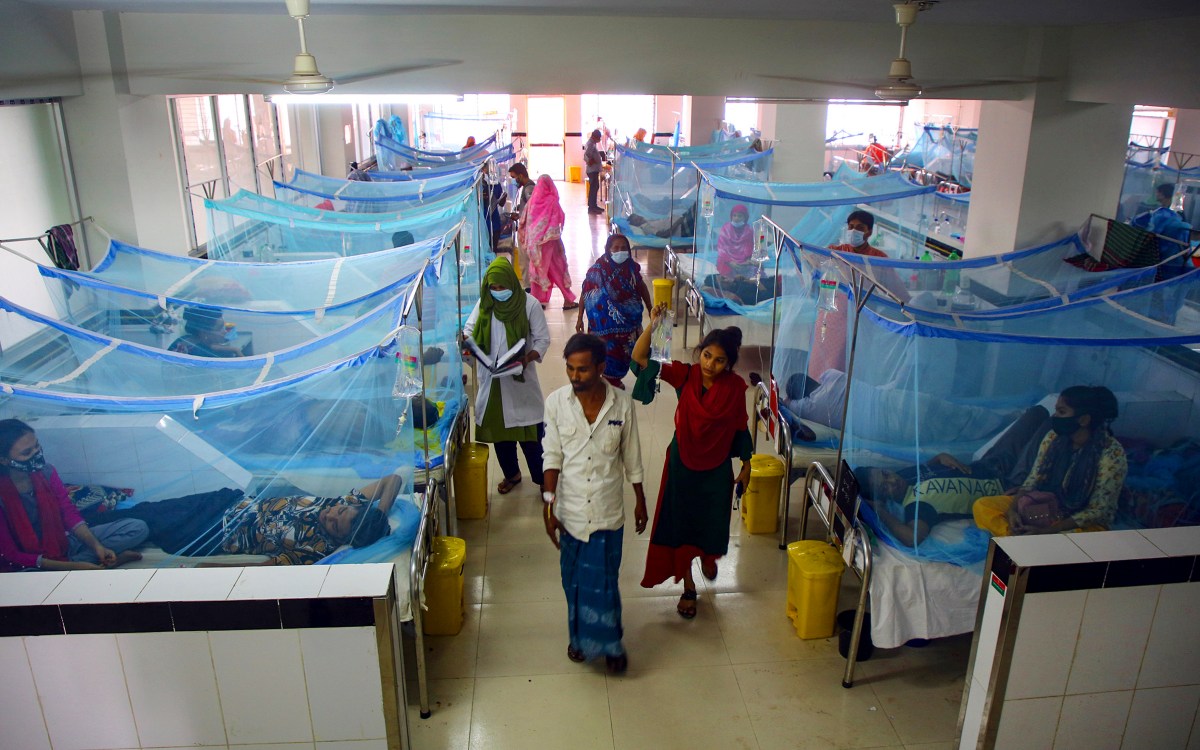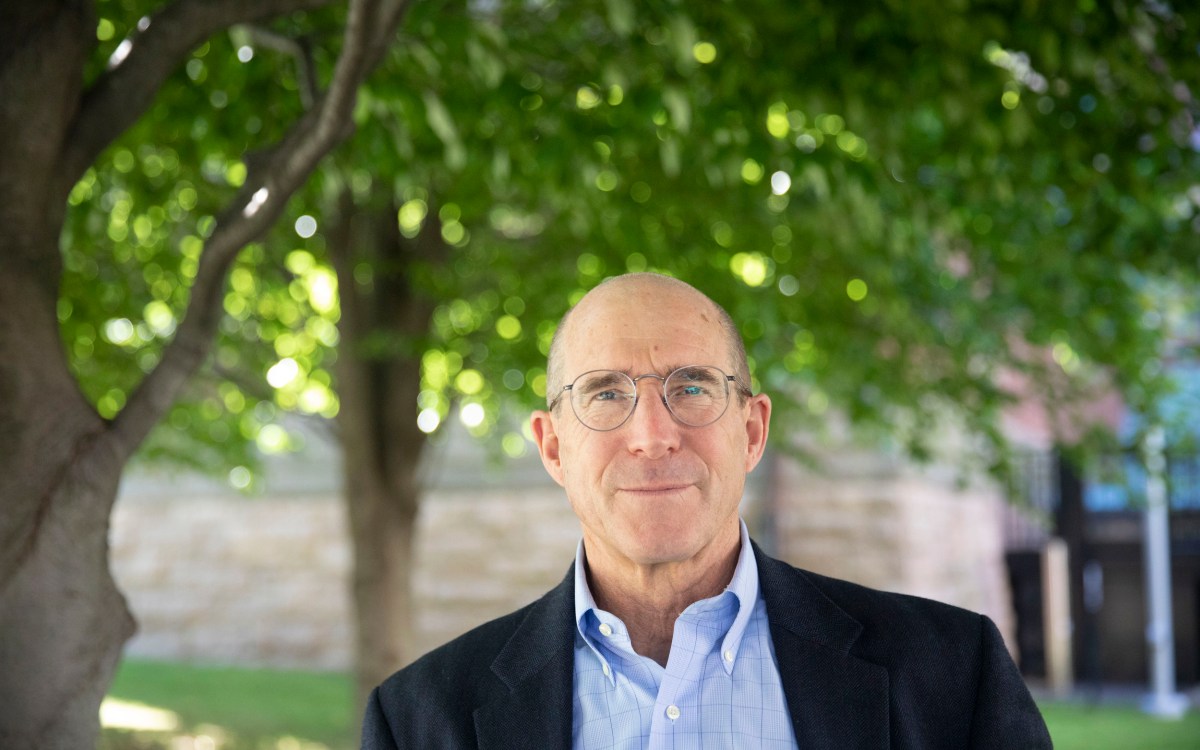Heat rising, along with urgency and hope, as climate summit nears

Smoke from the Caldor Fire, which burned for more than two months in California’s Sierra Nevada mountains, wafts over a ridge in late August.
AP file photo
Amid dire warnings, Harvard environmental experts outline what’s possible, likely at global gathering
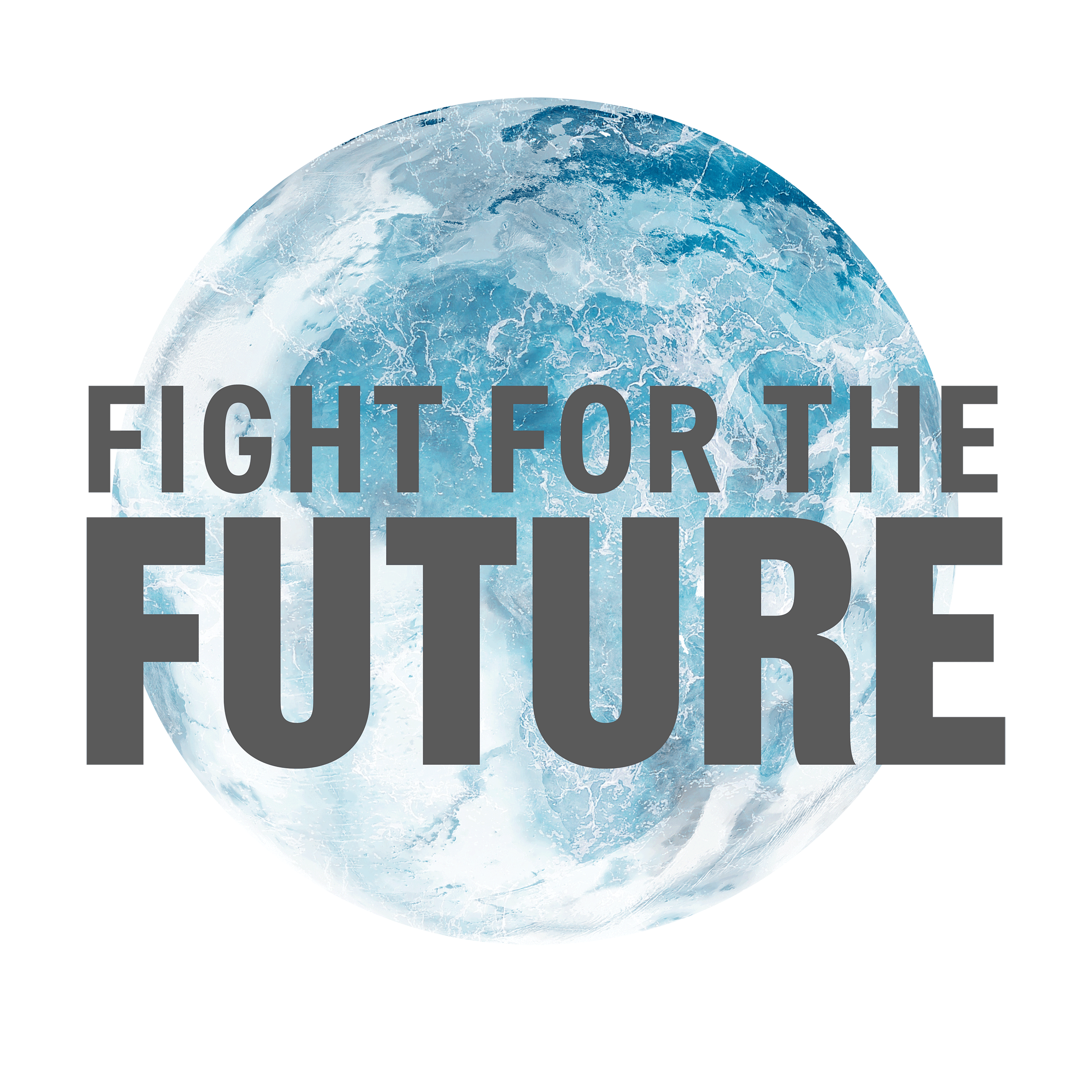
When British Prime Minister Boris Johnson declared in September that the global environmental summit, set to open Sunday in Glasgow, Scotland, could be “the beginning of the end of climate change,” most chalked it up to little more than home-turf cheerleading.
The gulf between Johnson’s rosy prognosticating and scientific projections, after all, is vast. Though there is widespread agreement that the safest path would be to hold warming to 1.5 degrees Celsius, or about 2.7 degrees Fahrenheit, the U.N.’s Intergovernmental Panel on Climate Change’s projections show that avoiding even a rise of 2 degrees Celsius — 3.6 degrees Fahrenheit — may not be possible.
“Only if there’s a miracle,” Robert Stavins, A.J. Meyer Professor of Energy and Economic Development and founder of the Harvard Project on Climate Agreements, said in response to Johnson’s statement about COP26, officially the 26th Conference of the Parties to a 1992 international agreement, the United Nations Framework Convention on Climate Change. Its 197 signatory countries negotiated the Kyoto Protocol in 1997 and its 2015 successor, the Paris Agreement.
Stavins acknowledged that Johnson wasn’t the first leader of a host nation to attempt to pump up the delegates in hopes for a successful meeting, but the projections, unfortunately, don’t come close to supporting that rhetoric.
“The best modeling — and I’m going by the IPCC — would indicate that 2 degrees C is not feasible, let alone 1.5 degrees, unless there is very widespread penetration of nuclear power around the world, or new technologies that are simply unheard-of presently, or carbon removal technologies being put in place widely,” Stavins said. “Without those, that is basically not achievable.”
Recent IPCC estimates, in fact, are tantamount to a “Code Red for humanity,” U.N. Secretary General António Guterres said in August on the release of a report that described climate change as widespread, rapid, and intensifying, with some trends already irreversible. A September report by the U.N.’s World Meteorological Organization said that the drop in emissions due to COVID-19 was the temporary result of lockdowns, not the beginning of a trend, and tallied a rising litany of climate-related disasters. It also warned that the world’s average temperature could top 1.5 degrees over pre-industrial days not at the end of the century but, at least temporarily, in the next five years. And in the run-up to the Glasgow meetings, the U.N. Environment Programme warned this week that the updated national emissions-reduction plans — a major feature of this year’s meeting — announced so far will yield only one-seventh of what is needed to keep warming to 1.5 degrees C.
“The world has to wake up to the imminent peril we face as a species,” UNEP Executive Director Inger Andersen said in a statement accompanying the report’s release. “The clock is ticking loudly.”
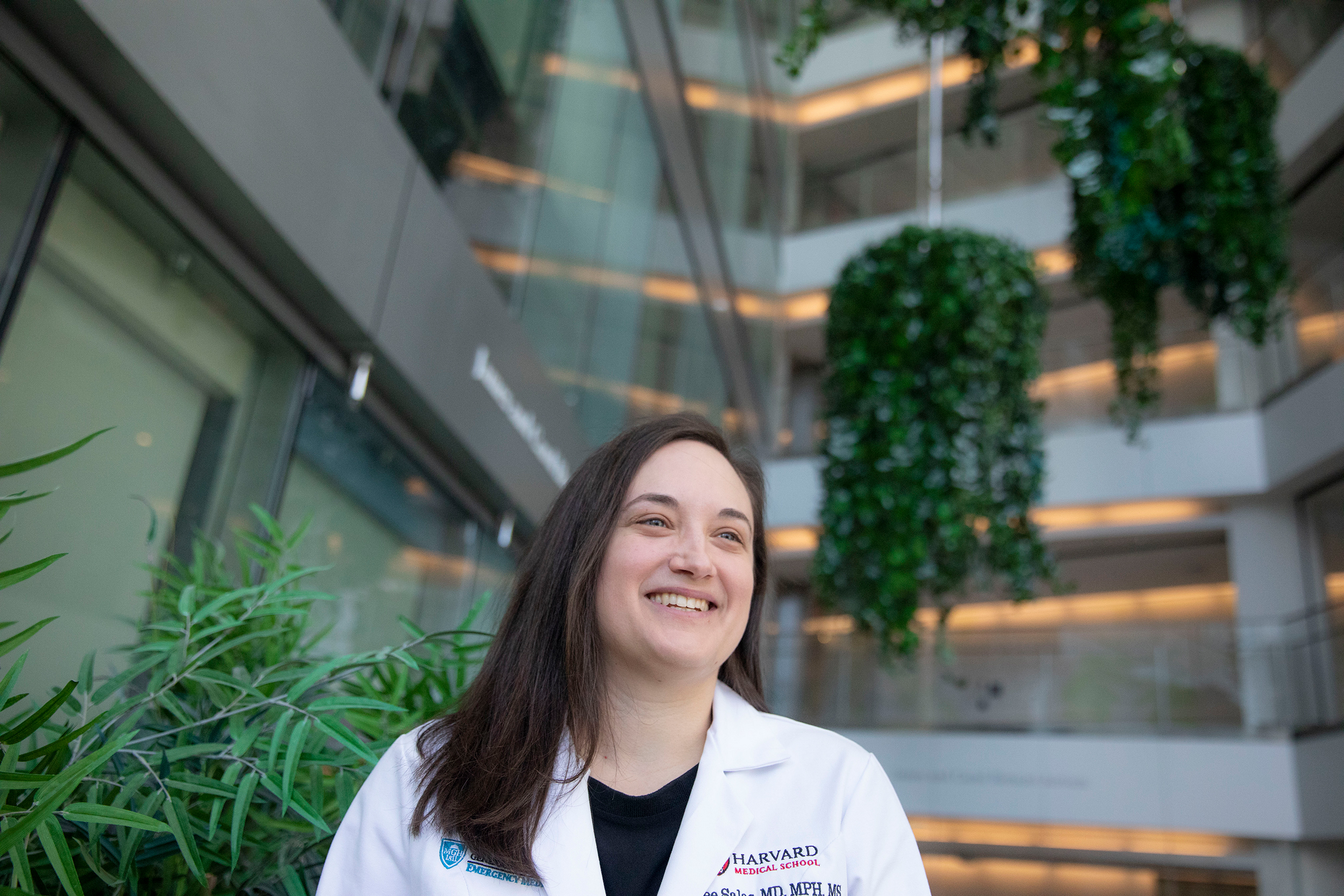
“Health and equity must be at the heart of these climate talks,” said the Medical School’s Renee Salas.
File photo by Kris Snibbe/Harvard Staff Photographer
Despite the scientific pessimism, there seems to be at least a spot of hope growing as the meeting approaches. It appears driven in part by steps already taken around the world as well as the election of a climate-friendly administration in the U.S., though there remain questions about what it can achieve. It is energized by a new generation of activists and young leaders who seem less likely to take “no” or “later” for an answer, represented in one case by Harvard senior Kami Krista, who has followed up her work at the Youth4Climate conference in September with a meeting with the president of her native Austria, Alexander Van der Bellen. Krista is planning to present the conference’s manifesto in Glasgow.
The outlook is further heartened by a hastening pace of technological progress that has dropped the price of wind and solar power below that of coal, prompted reports that alternatives like fusion — the running joke about which is that it’s always just 20 years away — may be nearing a point of practical relevance, and accelerated progress in a host of other climate-related areas.
“I am driven by hope in all aspects of my work,” said Renee Salas, an assistant professor at Harvard Medical School, Yerby Fellow at the Harvard T.H. Chan School of Public Health, and emergency room physician at Massachusetts General Hospital who threw herself into work on climate change after realizing its impacts already affect people who walk into ERs today suffering heat stroke, asthma attacks, and other ailments expected to get worse in a warming world. “I’m going to COP26 to amplify the chorus that health and equity must be at the heart of these climate talks. Multisectoral and multidisciplinary engagement is fundamental to addressing the climate crisis and this is a unique opportunity for people around the world to come and share their work and their expertise.”
Chan School Professor Muhammad Pate, a former health minister for Nigeria, will discuss the climate-related health needs of developing nations at COP.
Photo by Chinedu Moghalu
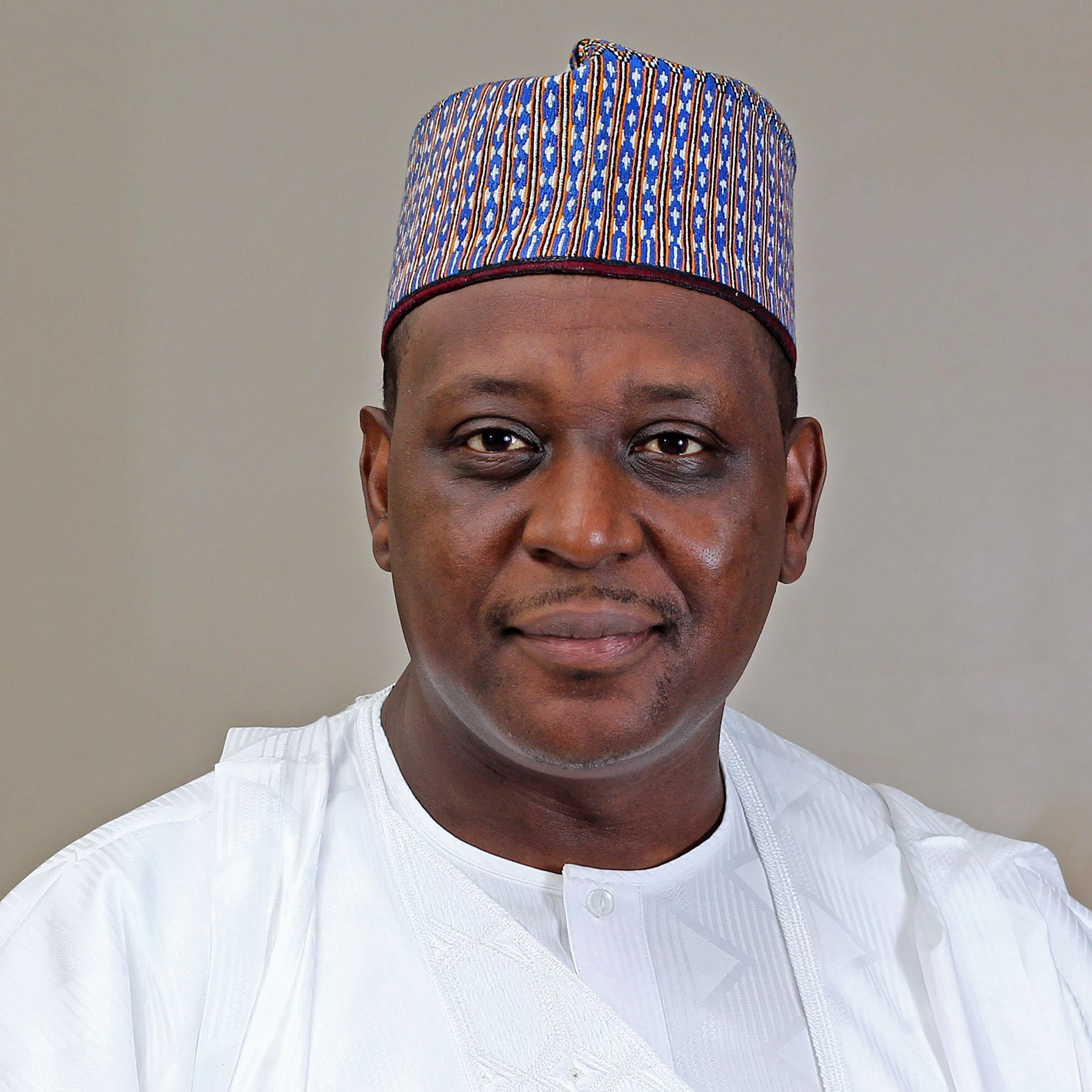
That shifting mood can be sensed, Stavins said, in the prominence that climate change has achieved atop some national priorities. The shift is even more dramatic, he said, where private industry is concerned.
“The number of large multinational corporations, including the oil majors — at least the European oil majors — which are now embracing these very ambitious targets, is a dramatic change,” Stavins said. “It’s too soon to say what will come from all of that, but it’s certainly been a dramatic change.”
Dramatic, too, have been recent bouts of extreme weather bearing climate change’s fingerprints. June’s heat dome in the Pacific Northwest drove temperatures above 110 in several locations, killing hundreds. Western wildfires and extreme rainfall events in the U.S., Germany, and China offered more evidence that something must be done, according to Michael McElroy, the Gilbert Butler Professor of Environmental Studies.
“There was a confluence of a lot of events that got people to the point to say, ‘OK, climate change is not just a matter of global average surface temperature increasing, it has to do with more extremes,’” McElroy said. “There was a real wake-up call this summer.”
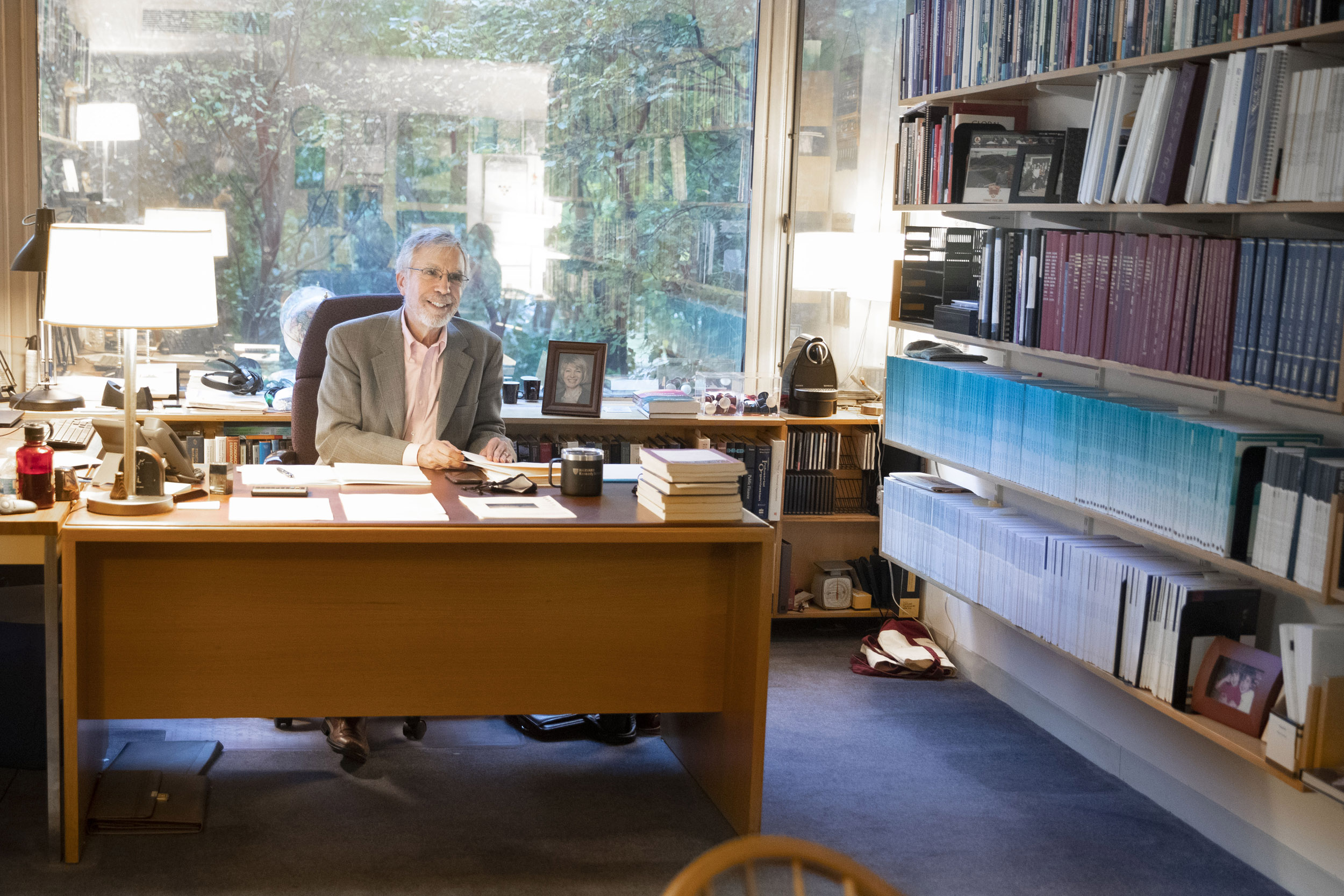
“The number of large multinational corporations, including the oil majors — at least the European oil majors — which are now embracing these very ambitious targets, is a dramatic change,” said energy and economic development Professor Robert Stavins.
Kris Snibbe/Harvard Staff Photographer
Joseph Aldy, professor of the practice of public policy at the Harvard Kennedy School, has attended several COPs, serving as special assistant to the president for energy and environment in the Obama administration. Aldy said this meeting has been highly anticipated not only because of last year’s pandemic-caused delay, but also because it marks the implementation of a key feature of the Paris Agreement: a quinquennial ratcheting of national emissions reduction pledges, which, hopefully, will over time result in global emissions cuts deep enough to slow and eventually halt climate change. That shift to implementing the agreement marks a key transition, Aldy said, as the world changes its focus from crafting a climate strategy to attacking the problem.
“We have a framework that’s intended to be durable,” Aldy said, “one in which we constantly are updating our voluntary emission-mitigation pledges, what they call ‘nationally determined contributions’ in the jargon of Paris. But it’s basically what we pledged to do within our own country to reduce our emissions.”
“There was a real wake-up call this summer,” said Michael McElroy, environmental studies professor, about recent bouts of extreme weather.
File photo by Kris Snibbe/Harvard Staff Photographer
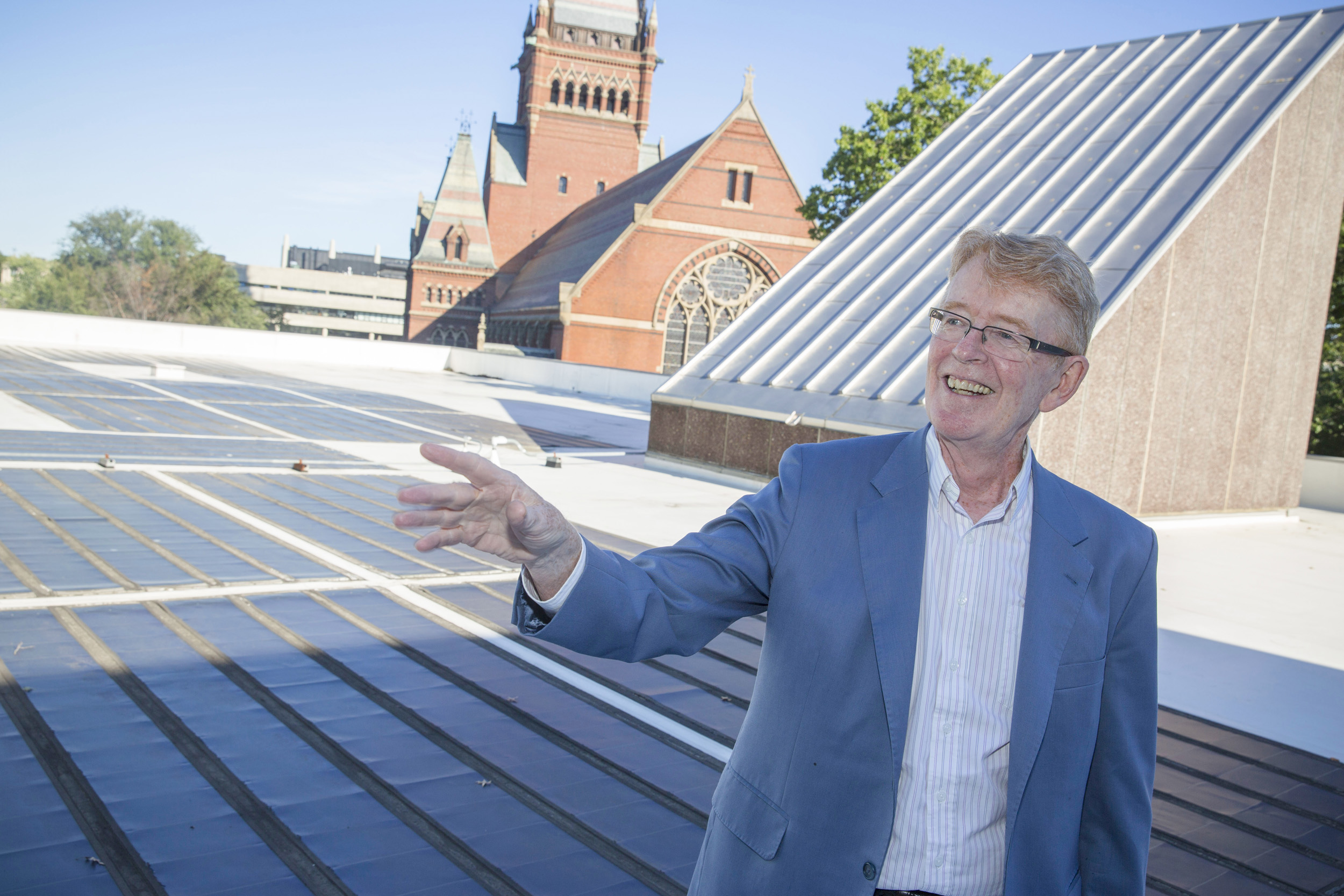
That the national emissions reductions would be voluntary is a key feature of the Paris Agreement — one that some complain suffers from a lack of teeth — but it is coupled to two features designers hope will nonetheless make it effective in the end. First is the five-year commitment to further reduce national greenhouse-gas-emissions; second is that whatever a nation does will be transparent. So, if a country falls short or exceeds its goals, in principle at least, the world will know about it.
“I think we still need to show that it can work,” Aldy said. “The basic theory of Paris is that it is voluntary pledging, subject to review. It’s a little early, to be honest, to be saying, ‘We need to up our ambition from our first round of pledges’ because the first round of pledges are for 2030. There’s a bunch of countries that have said, ‘OK, we’ll make our pledge more ambitious,’ and they haven’t really started implementing their initial pledge yet.”
The Biden administration, for example, pledged in April to cut emissions 50-52 percent from 2005 levels by 2030 and to have carbon-free electricity generation by 2035, which would represent significant progress toward addressing the issue. But Aldy and Stavins agreed that one side theme running through this year’s COP will just be figuring out what to make of the U.S. After its climate policies whipsawed wildly from one administration to the next, what kind of global leadership can it provide? And even before the next election cycle, can it live up to its new NDC commitment, one made by an administration determined to take meaningful action but blocked by a Congress controlled by its own party?
“Although delegations from the world, particularly from the European Union, are thrilled to have Biden in the White House and Kerry as the chief negotiator, they’re still asking, ‘Is that achievable with reasonably anticipated policies — not with wished-for ones or mythologized ones — given the real world of U.S. congressional politics?’” Stavins said.
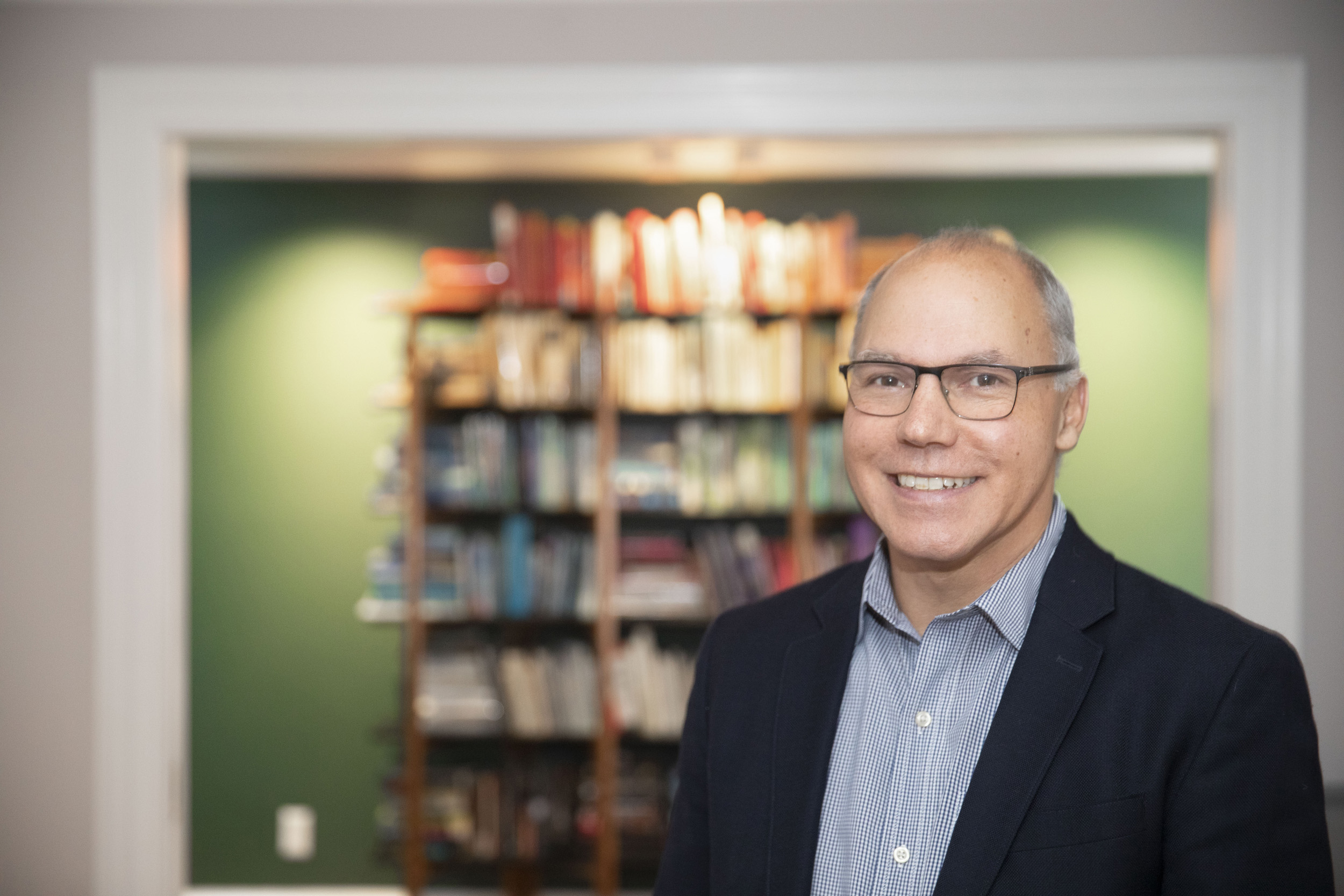
Kennedy School Professor Joseph Aldy has attended several COPs, serving as special assistant to the president for energy and environment in the Obama administration.
Kris Snibbe/Harvard Staff Photographer
Another key, Stavins said, will be whether China and the U.S. can turn back the clock on their relationship as it relates to climate change. The world’s two largest emitters embraced the Paris Agreement in a spirit of cooperation, but that relationship has since soured and shown few signs of improving even after a change of U.S. leadership.
“It’s not because of disagreements on climate; it’s because of confrontation over international trade, intellectual property rights, national security in the South China Sea, human rights,” Stavins said.
Though the nationally determined contributions are a likely headline-grabber for the meeting, which runs through Nov. 12, Stavins said there are several other important pieces of business scheduled to take place. First is a final piece of negotiating over the “rulebook” that fleshes out the Paris Agreement. Negotiators are finalizing Article Six to ensure that emission reductions in different jurisdictions aren’t double-counted in cross-border programs, a technical provision that may become more important as different jurisdictions link domestic policies across international borders — whether those involve performance standards, carbon taxes, or cap-and-trade mechanisms. Emission-reductions programs would allow trading of credits from one place — presumably where the cost of making such reductions is lower — to another — presumably a higher-cost location — and may be important in lowering the overall cost of reducing greenhouse-gas emissions. Stavins believes the language around such “linkage” should be kept as simple as possible to encourage a flourishing free market, while others prefer a heavier hand in driving down emissions through regulation.
Another key area of discussion will be the matter of funding for developing nations. Developed countries pledged $100 billion a year to help less-developed peers adapt and mitigate the impacts of climate change in the decades to come. Those nations outnumber the major economies that will be represented and have argued they should be compensated for the impacts of a problem they had little hand in creating, but whose ills their citizens may feel most heavily. Delegates from those nations will be pushing for details on how the developed nations will meet their obligation and seek to make that $100 billion a minimum, not a maximum, amount, Stavins and Aldy said.
Stavins’ team from the Harvard Project on Climate Agreements, which includes the project’s manager, Robert Stowe, who is also executive director of the Harvard Environmental Economics Program, and Jason Chapman, program manager with the Harvard Environmental Economics Program, will be in Glasgow for several days during the conference’s second week, he said. They’ll be conducting panel discussions and, when requested, briefing country representatives on technical aspects of the agreement, as well as meeting with environmental organizations and other interest groups.
MGH’s Salas, who expects to attend for the full two weeks, won’t be the only Harvard representative trying to make health care a central issue at the COP. Muhammad Pate, Julio Frenk Professor of the Practice of Public Health Leadership at the Harvard T.H. Chan School of Public Health, has been invited to discuss the climate-related health needs of developing nations in the decades to come.
Pate served as health minister of Nigeria and led a successful anti-polio campaign. He is slated to speak at two events and intends a similar message at each: It’s critical that communities in developing nations build resilience when thinking about the unavoidable impacts of climate change over the decades to come. Those communities are likely going to be facing a host of challenges including food shortages, shifting water supplies, and disease patterns. Each of these can have health effects, Pate said, which means that an important element in building resilience will be strengthening community health-care systems and extending them to places where they’re absent. And, Pate said, if we’re wondering where the global health fault lines lie, we can just look to COVID-19.
“Half the world’s population still lacks access to basic health care services. Those places are some of the poorest in the world, and the people left behind are those who are living in extreme poverty,” Pate said. “COVID-19 hasn’t made it easy, but it has showed the fault lines in the world, where you’ve got the haves and have-nots. It is in everyone’s interest to ensure that every person on this earth has access to basic health services.”
Harvard senior Krista also plans to deliver a message. She expects to take a prominent role in an event presenting the manifesto from the Youth4Climate conference to those at the COP. Among its provisions are recommendations around education, sustainability, the energy transition, and, she said, the drive to ensure that young people, whose participation is mostly symbolic, gain decision-making roles.



